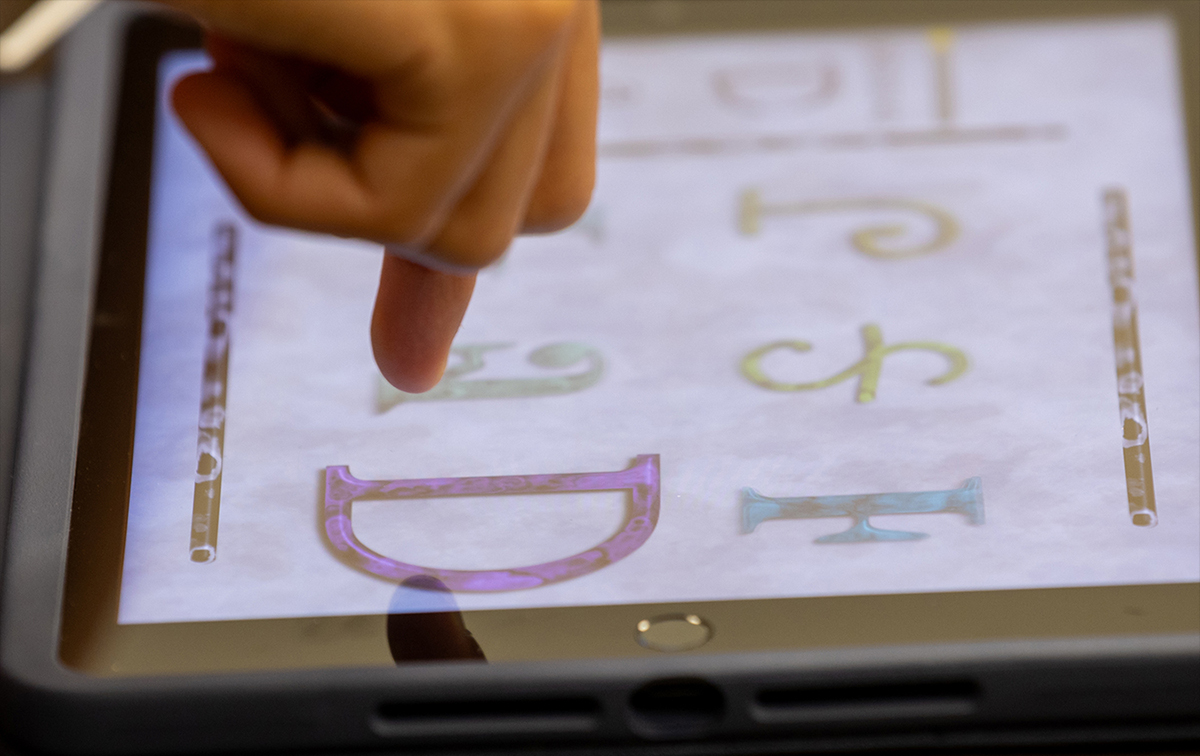
- Details
- By Chuck Hoskin Jr
Guest Opinion. Preserving and revitalizing our language is the most important task facing the modern Cherokee Nation. We are not alone in this. Nationwide, tribal communities have taken up the challenge to safeguard Native languages.
For Native peoples, maintaining our language is synonymous with sustaining our identity and our very way of life. Without language, tribal nations in America would be robbed of the ceremonies and teachings that form the foundation of our values, families and communities.
Recently, staff from our Cherokee Language Department traveled to Minnesota to share best practices with the Chippewa Federation, which unites seven Chippewa bands in the Great Lakes region. Just as Cherokees collaborate across our three tribes for the sake of our language, the Chippewa Federation is committed to reviving the Ojibwe language. Through initiatives like the Ojibwe Language Symposium, language holders and learners are coming together and creating opportunities to share language at every level.
The Cherokee and Chippewa language teams both brought expertise and experiences that will inspire more effective strategies for language preservation. While the Cherokee and Chippewa differ in our languages and culture, we share many common challenges and have much to learn from each other.
The trip was led by Howard Paden, executive director of the Cherokee Nation Language Department. He and his team have developed a unique and layered approach to restoring the Cherokee language under the Cherokee Nation Durbin Feeling Language Preservation Act. This includes classroom educational opportunities, technology and digital content development, as well as expanded in-person and online community engagement. At the highest level are offerings like the Cherokee Language Master Apprentice Program and the Cherokee Immersion School. Altogether we are finding ways to reach language learners wherever they are, regardless of age or proficiency level.

Yes, Cherokee Nation is making significant strides in this area, but lighting a path for others to follow is equally significant. Cherokee Nation's dedication to language preservation inspires other tribes nationwide. It’s no coincidence that the United States’ legislation to better support indigenous language efforts was named the Durbin Feeling Native American Languages Act, after the Cherokee hero and namesake of our own Durbin Feeling Language Center.
The federal government has recently begun supporting language efforts, but scars of history and failed federal policies run deep. Generations of our ancestors had to protect our language and lifeways in any way possible against efforts to eradicate Native cultures. Thankfully, endeavors like Cherokee Nation’s and those of the Chippewa Federation are showing that language revitalization is possible, and that it transcends tribal boundaries. By joining forces, we help ensure our languages will not just survive but will thrive for generations to come.
Chuck Hoskin, Jr. is the principal chief of the Cherokee Nation.
More Stories Like This
The SAVE America Act Threatens Native Voting Rights — We Must Fight BackThe Presidential Election of 1789
Cherokee Nation: Telling the Full Story During Black History Month
Jesse Jackson Changed Politics for the Better
Native News Online at 15: Humble Beginnings, Unwavering Mission
Help us defend tribal sovereignty.
At Native News Online, our mission is rooted in telling the stories that strengthen sovereignty and uplift Indigenous voices — not just at year’s end, but every single day.
Because of your generosity last year, we were able to keep our reporters on the ground in tribal communities, at national gatherings and in the halls of Congress — covering the issues that matter most to Indian Country: sovereignty, culture, education, health and economic opportunity.
That support sustained us through a tough year in 2025. Now, as we look to the year ahead, we need your help right now to ensure warrior journalism remains strong — reporting that defends tribal sovereignty, amplifies Native truth, and holds power accountable.
 The stakes couldn't be higher. Your support keeps Native voices heard, Native stories told and Native sovereignty defended.
The stakes couldn't be higher. Your support keeps Native voices heard, Native stories told and Native sovereignty defended.
Stand with Warrior Journalism today.
Levi Rickert (Potawatomi), Editor & Publisher

